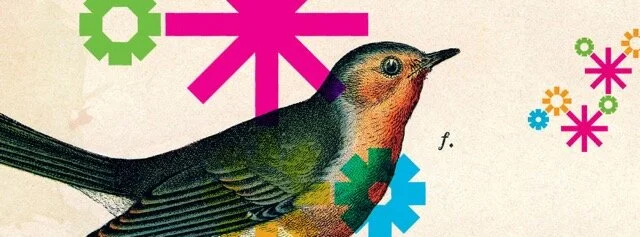Novelist Brian Malloy On The Greatness Of Flannery O’Connor, The Fight To Save The Boundary Waters, And The Heartbreaking Thing He Wished He Knew At 22
Who is the one person, living or dead, in your profession who you most admire?
Flannery O’Connor. I love characters with moral failings, I love mordant humor, and I Iove the possibility that even the most irredeemable among us can experience moments of grace. The brief details in her stories do such heavy lifting in terms of irony, for example when a Wellesley undergrad hits Mrs. Turpin in the head with a copy of Human Development in the short story “Revelation.” The action itself – a privileged white college student from an elite school inflicting violence upon a rural white woman – also speaks to our ongoing culture wars. I admire that O’Connor’s characters are not people of wealth or influence, and these are the people I love to write about in my own novels: money is always a concern, and my protagonists tend to work at jobs they hate or go to extreme lengths for that one big payday.
What have you seen lately that’s been inspiring?
Minnesotans rallying to save the Boundary Waters Canoe Area Wilderness from copper-sulfide mining. With climate change and the resulting devastation of the American west, it’s becoming clear to many of us in the Land of 10,000 Lakes that water is our nation’s greatest resource, far more important than fossil fuels or precious metals and minerals. Wetlands are a key source of carbon sequestration in the fight against climate change, and we risk losing our iconic species like the moose, wolf, and lynx to habitat devastation if we fail to act forcefully. A recent Minnesota Supreme Court ruling upheld the Court of Appeals’ decision to overturn PolyMet’s permit to mine, so we are making progress, and while there’s still a lot of work to do, we’re doing it, and our numbers are growing every day. I tell young people, “Climate change is your generation’s AIDS – act accordingly.” Am I being overly dramatic? According to the best scientific evidence, I am not.
What have you been associated with that has been inspiring?
The heroic response of the gay community to AIDS during the early years of the pandemic. That said, we really had no choice – we had to save our own lives. In 1983, the New York Native, a gay paper, published Larry Kramer’s “1,112 and Counting” which begins with this unforgettable warning: “If this article doesn’t scare the shit out of you, we’re in real trouble. If this article doesn’t rouse you to anger, fury, rage, and action, gay men may have no future on this earth.”
When you examine the public and government responses to AIDS – as compared to COVID19 – you can begin to imagine what we were up against. Picture the last year of Trump’s presidency and all four years of Biden’s first term without either president once mentioning COVID19. Imagine the first proposed legislation for COVID research dying in a congressional committee, not to be taken up again that year. Imagine comedians using COVID as fodder for their jokes, and mainstream religious leaders telling Americans that COVID is a judgment from God, the wages of sin. Add to the mix no marriage equality and no civil rights protections, and you can better understand what I consider to be one of the most shameful – but also one of the most inspiring – periods of American history.
I believe the work of the AIDS Coalition to Unleash Power (ACT-UP), and the Treatment Action Group (TAG), along with AIDS Service Organizations like the Minnesota AIDS Project (where I worked) changed this nation in terms of health care and patient activism, and laid the groundwork for the Supreme Court’s rulings on marriage equality and civil rights protections. And we did it ourselves, because our status as Americans would not save us for the simple reason that we were gay.
What do you know now that you wish you’d known when you were 22?
For a lot of people, their twenties are about finding partners, establishing careers, and maybe starting a family. My 20s were spent doing the things most people typically don’t do until much later in life – caregiving, fighting medical and insurance bureaucracies, and attending funerals. I wish I had known that we were making progress when, at the time, it felt like anything but.
What website other than the major social, search, and news sites, do you have bookmarked?
The Dodo – I love animals and happy endings. We need more of both.
Brian Malloy is the author of four novels, most recently, After Francesco, which the Oprah Magazine called, “a heartrending portrayal of the realities of healing.” An early employee of the Minnesota Aids Project, he helped found the Open Book. Brian and his husband are the proud parents of rescue dogs.









